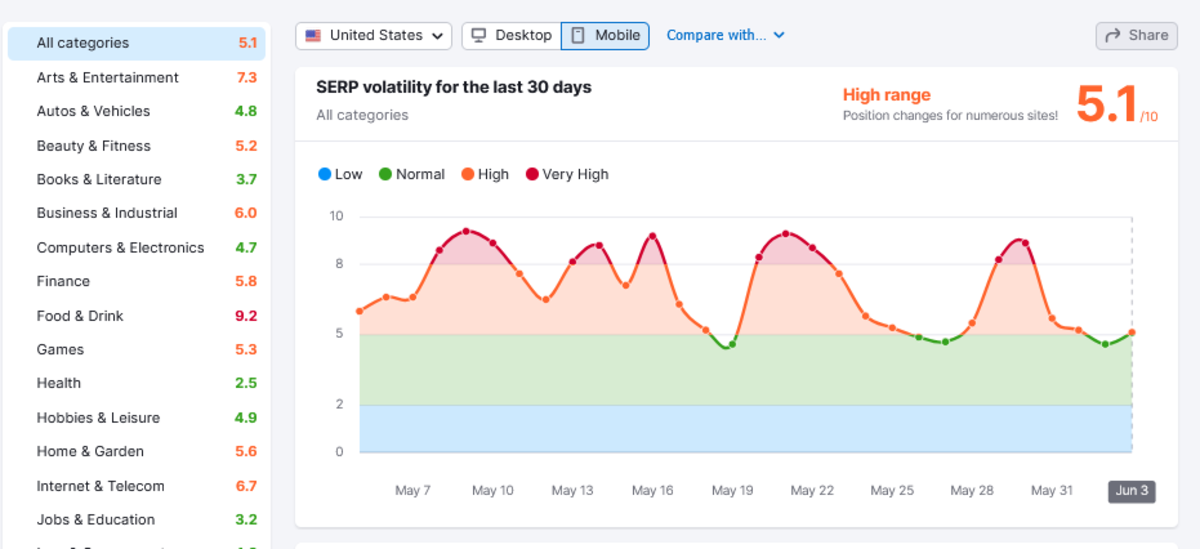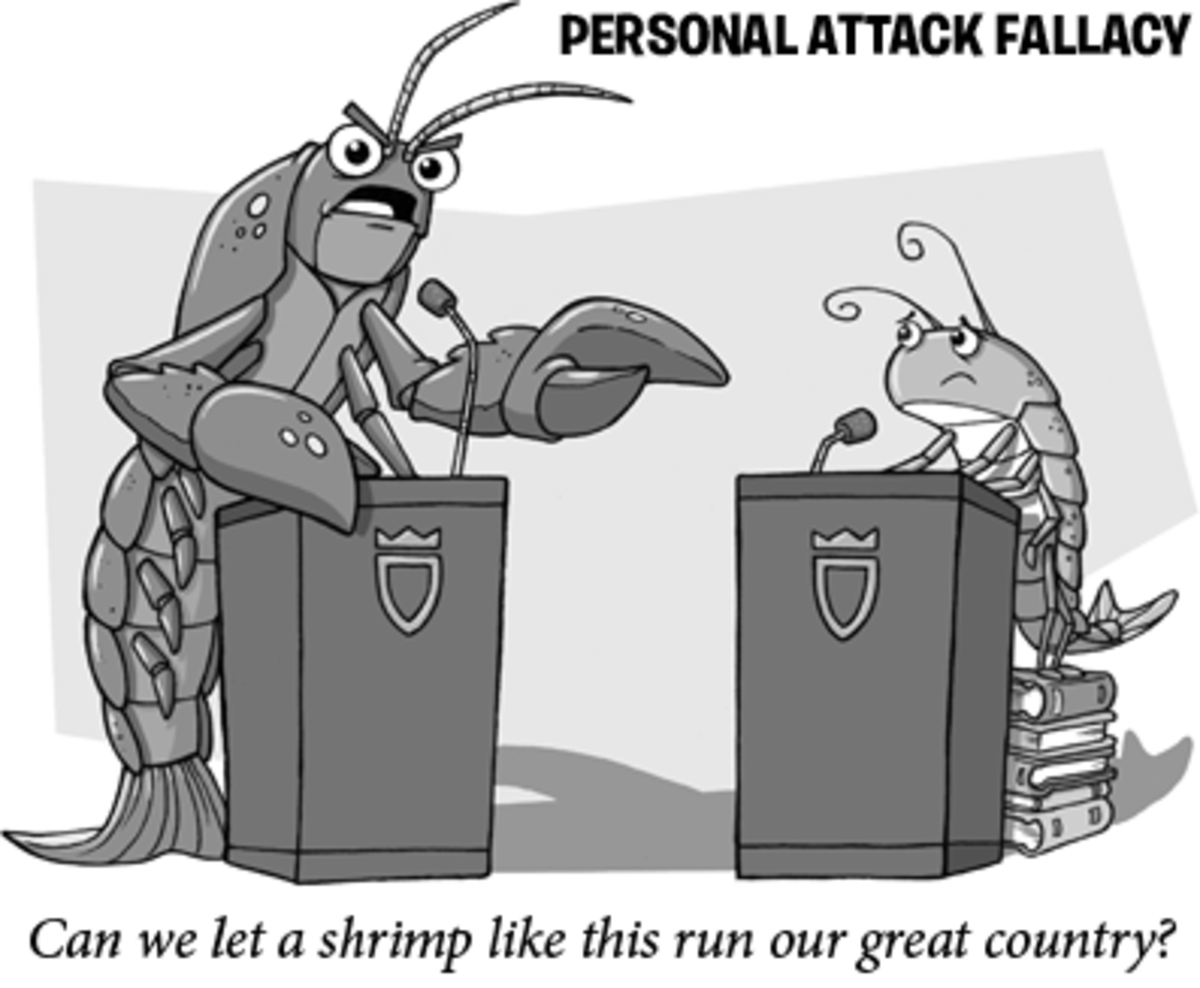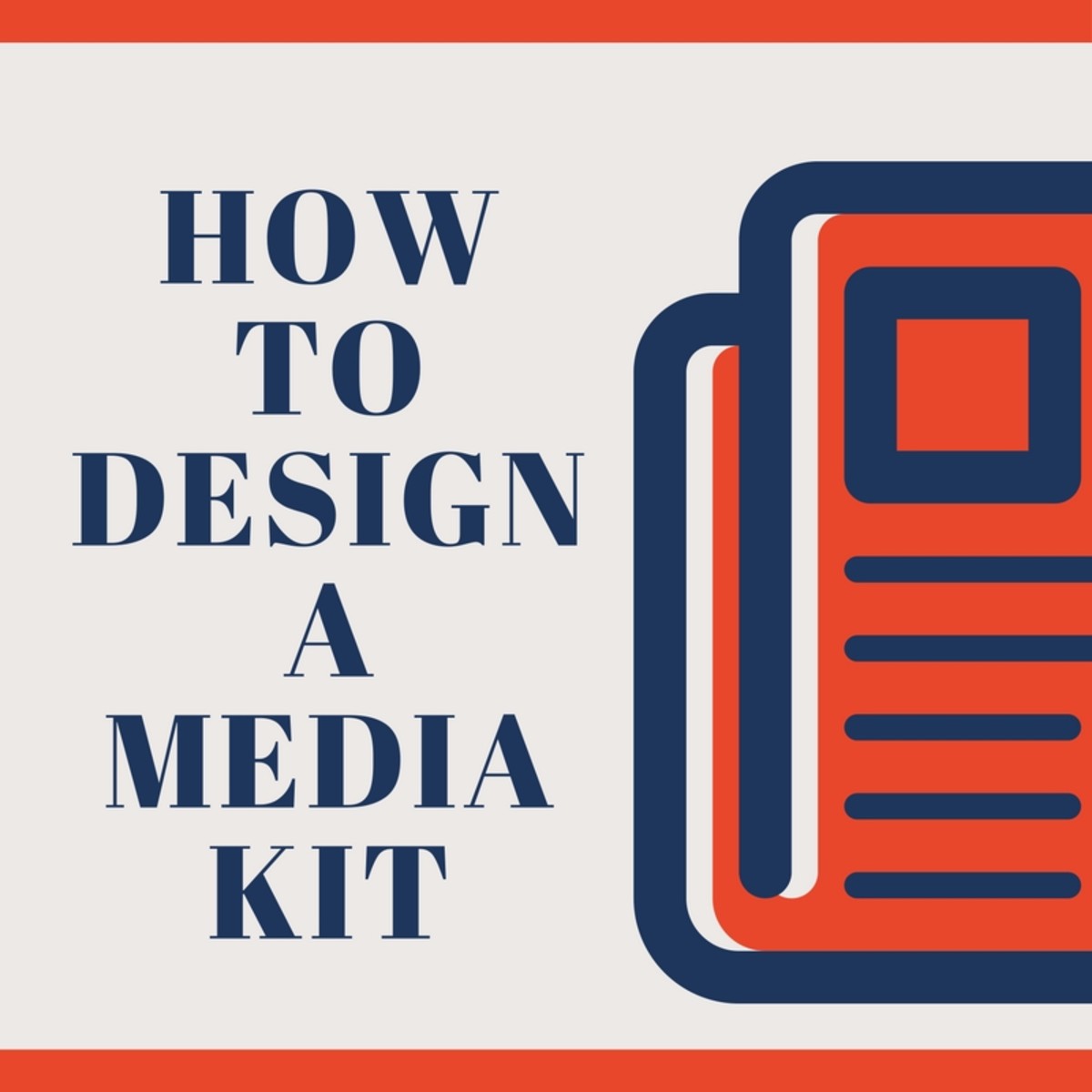Long-tail Keyword Research using Google Instant, Autocomplete
Although Google Instant and Autocomplete were introduced in September 2010, recent upgrades and developments and more universal deployment mean they are likely to have a profound effect on keyword strategies and niche research.
In April 2011 these features were added to the Explorer toolbar and Google Instant Previews now includes rich content such as Adobe Flash objects.
Although Internet Explorer 8, the first version in which these tools would work, was released on March 19, 2009, the adoption rate for this version and Explorer 9 was slow and this delayed the use of these tools.
Google Instant was rolled out to iPhone and Android users in late 2010.
In April 2011, Google provided a further enhancement to Autocomplete to deal with uncommon words and phrases.
The autocomplete tool offers predictions or suggestions based on information on the most popular results or previous searches on Google.
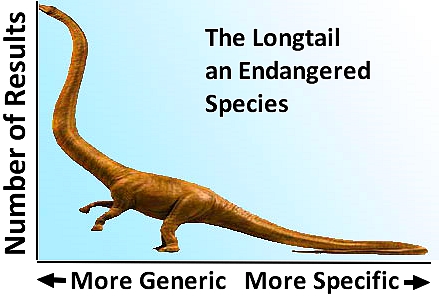
The latest update means that the predictions are based on the last word or several words, rather than on the entire phrase.

Otherwise the tool would have struggled to find the match to complete [florida state senate building].
Google claims that 'Instant' and autocomplete will speed up searcher and better provide what users want.

Read more about Google Instant here. There was a lot of debate late last year on how these tools would affect SEO with some predicting no effect and others suggesting that it would kill long tail search. See Reference 1; Reference 2 ; including suggestions that no one really uses it anyway.
Given the more universal adoption of these tools, including on smart phones, and recent changes it is time to reconsider the implications, particularly for keyword strategies including long-tail keyword phrases.
The tools are always 'in your face' and as many people have pointed out, the results produced by Instant are shown quicker than you can type. People scan the suggestions and the results while they are thinking about what letter to type next. This increases the tendency to truncate the entry of a longer search term or phrase. There are complex ways of breaking the pathways but they are not widely known.
In one sense Google is trying to be helpful by delivering what you want faster, but in another sense Google is doing the thinking for you by channelling or funnelling the user down a restricted set of pathways that Google defines.
There are a lot of technical issues about Impressions, Ads and Statistics which are beyond this article, but there are suggestions that Google may record a hit for the last suggestion even though the user selects a previous option. This may bias its 'popularity' data and other keyword data.
There are many suggestions about how these tools will affect the long-tails, but little actual research on this topic that I could find.
A study by Marin Software in October 2010 showed an impact on long-tail searches. They grouped searches into two categories: short searches (with 1-3 words) and long searches (with 4+ words).
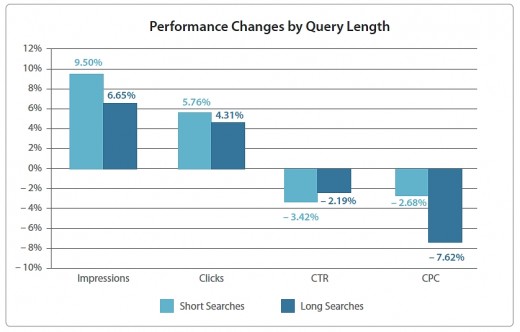
The study found that the tools increase impression and clicks (a good result or Google). But the impressions and clicks for short searches increased more than they did for long searches. They concluded that Google Instant was affecting user behavior shifting it towards shorter search phrases. They also found that impressions and clicks for exact-match and phrase terms increased more when compared to broad-match terms. This seems to support the argument that the tools will direct users to two and three word phases that will be much harder for website owners to compete against and the adwords for these popular words will cost more (and give higher returns to Google). The longtails are coming a threatened species!
Channelling or Funnelling
Google Instant and Autocomplete have major potential implications for choosing keywords using the Google Keyword tool and many methods that use these data. The results of these analyses may not account for the way the search terms will be presented to the user.
Lets say someone is developing a site or article about the "Green Tea Health Benefits". This would seem to be a logical title and a logical way that a user would search to find out about the topic. However, the auto suggestions for 'green tea' doesn't include 'health' as an option in the list of suggestions ( NOTE: this is an example - that may not apply on your computer ).
green tea
green tea benefits
green tea weight loss
green tea caffeine
green tea restaurant
green tea cake
green tea diet
green tea ice cream
green tea tablets
green tea extract
Users who are influenced by this will be channelled down the pathway to 'green tea benefits for health'. They may even truncate their search early and go with 'green tea benefits'
How does one know what the majority of uses will search for: Green Tea Health Benefits OR Health Benefits of Green Tea, or some other variant? The order of the words has a major effect on the search results as shown in the Table below (just showing the titles).
Green Tea Benefits for Health
| Green Tea Health Benefits
|
|---|---|
Green Tea Health Benefits
| Green Tea Health Benefits
|
Green Tea Health Benefits
| Green Tea Health Benefits
|
Green Tea Benefits
| Health effects of tea - Wikipedia
|
Health effects of tea - Wikipedia
| Green Tea Benefits
|
Green Tea Health Benefits
| Green tea
|
The Health Benefits Of Green Tea - AskMen
| WHFoods: Green tea
|
Green tea
| Green Tea Health Benefits
|
WHFoods: Green tea
| Green Tea Health Benefits - Lose weight drinking green tea
|
Green Tea: Health Benefits, Diet, Weight Loss
| The Health Benefits Of Green Tea - AskMen
|
Green Tea Benefits for Health
| Health Benefits of Drinking Green Tea
|
green tea extract : Their Benefits and for good health.
| The Health Benefits Of Green Tea - AskMen
|
Benefits of green tea explained plus quality Japanese teas
| Green Tea & White Tea for Weight Loss & Health Conscious Consumers
|
Green Tea: The Truth About the Health Benefits of Green Tea!
| Herbal Medicine | Health Articles | 13 Health Benefits of Green Tea
|
Herbal Medicine | Health Articles | 13 Health Benefits of Green Tea
| Benefit of Drinking Green Tea - Harvard Health Publications
|
Green Tea & White Tea for Weight Loss & Health Conscious Consumers
| Salada Green Tea - Green Tea Information and Health Benefits of
|
Health Benefits of Chinese Green Tea For Weight Loss,Diet, Skin ...
| Green Tea Health Benefits - Losing Weight Over 40
|
Why you should drink Green Tea
| Green Tea | Green Tea Health Benefit of Green Tea | Weight loss .
|
Matcha Health Benefits. Matcha is Green Tea Powder Rich in ...
| Why you should drink Green Tea
|
Salada Green Tea - Green Tea Information and Health Benefits of
| Green Tea: Health Benefits, Diet, Weight Loss
|
LIPTON Tea can do that. Discover the tea benefits on health
| Green Tea Health Benefits
|
To take another example, a hotel owner in Washington may think that they would get more conversions bidding on “Washington 5 Star Hotel” vs. “Washington Hotel”. Bidding on the adwords “Washington” or “Washington Hotel” would yield more clicks, but would be more expensive. But Google Instant 'Dumbs Down' the search because the suggestion for "Washington' and 'Washington Hotels' instantly displays the search listings for hotels and many users will never get to the various longtails that include '5 star'.
Google is probably right in predicting that these tools will fundamentally change the way people conduct searches, with greater reliance on the suggestions produced from two or three words, omitting all the minor words such as 'for' and 'at' and other words.
It is a shift back to the old days or using a short list of 'potent' words rather than a more specific sentence-like phrase which is the basis of long-tail search.
Incidentally, perhaps this may explain why many people are less satisfied with the results that Google generates. Maybe the shift away from longtails may have been incorporated into the Panda Update?
It is also a backflip for Google that has always argued that 'popularity' should not be the basis for search results - rather 'authority' and the ancient notion of citings for a research article. The earliest search engines based their rankings on popularity. In their Autocomplete tool, Google has reverted to 'popularity' as the basis for the suggestions which in some ones goes against their search philosophy. Once again their 'popularity algorithm' is a secret - Google has the authority to deliver what it thinks we want!
Another issue is that both the 'suggestions' and the 'Instant' results presented are not fixed but are influenced by the user's location and prior search history.
My conclusion from this is that my keyword strategy will need to place much greater emphasis on keywords that appear in autocomplete and the order of the keywords in long-tail phrases. These aspects are not necessarily covered in the major keyword niche tools include Google's Keyword Tool.
This neat tool allows you to compare the results for two word orders for a three word phrase.
© janderson99-HubPages
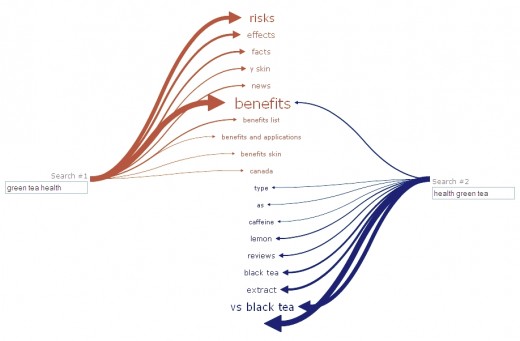
Conclusion
Conserve the Endangered Longtails now! - Somehow?
© 2011 Dr. John Anderson




